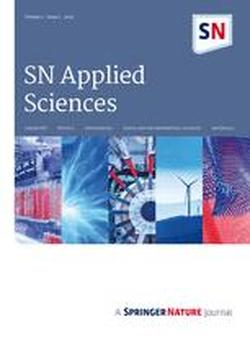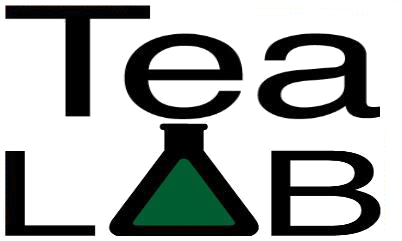 Evaluate the effect of compost tea and some chelated micronutrients forms on black cumin productivity January 2019 SN Applied Sciences Link Here The Desert Research Station in Baluza, Egypt had a busy 2018 investigating the efficacy of compost tea on their sandy soils. Research scientists wanted to know what effect compost tea in combination with the chelating agents EDTA and Humic Acid had on the growth of Cumin, a plant valuable as a food and medicine. Chlelators are molecules that hold onto biologically essential micronutrients in such a way that the micronutrients are kept available for plant use. EDTA is a synthetic, slowly to biodegrade chemical that has been shown to have toxic effects on animals, while humic acid is a natural compound that has poses no known risk to natural systems. The scientists had 8 different treatments: Compost Tea Foliar Spray, Compost Tea Soil Drench, EDTA Foliar, EDTA & Compost Tea Foliar, EDTA & Compost Tea Drench, Humic Foliar, Humic & Compost Tea Foliar, and Humic and Compost Tea Drench. The variables that they looked at were: Plant Height, Dry Weight, Weight of Seeds, Oil Percentage, Volatile Oils, and residual Nutrient content in Plants. The 8 treatments were administered twice during the growing season, at 35 and 70 days after seedling emergence. All treatments including the control were fed a conventional fertilizer at recommended rates. The researchers grew some pretty outstanding results. In all treatments there was an increase in all measured variables, however the highest values were seen in the Compost Tea and Humic Acid Foliar treatment. Plant height, dry weight and weight of seeds, oil percentage and volatile oils were to shown to be maximized by foliar spraying compost tea that included humic acid. The next highest values were generally seen in the Compost Tea and Humic Acid soil drench. Across the board it was clear that compost tea and humic acid are beneficial to plant growth. The researchers conclude that compost tea combined with humic acid provides a significant boost to productivity. Humic acid is a viable, safe, and better alternative to EDTA. A big thank you to the cumin cultivating scientists of Beluza, Egypt.
2 Comments
Rob g
1/2/2019 11:56:57 am
Very interesting that folire is more effective then drenching! Also my big question is if folvic/humic leave any heavy metals behind or if edta’s leave also? Thanks for the read and I’m hopping I win the Calendar!
Reply
I find it very interesting they only applied the treatments 2 twice throughout the growing season. It goes to show that less can be more. Also the fact there is more synergy when combining humics with compost tea, which possibly means that the humus in compost is good, but when humics are added, it provides an even greater synergistic potential.
Reply
Your comment will be posted after it is approved.
Leave a Reply. |
Archives
June 2024
Categories
All
|
Contact Us
Why TeaLAB?TeaLAB is committed to helping people and their gardens to become more self- sufficient, healthier, and productive. Grow your sweetest corn, your biggest watermelon, your tallest quinoa, your tastiest tomato, and your happiest you.
TeaLAB was founded to teach people how to garden organically, so that we can become more closely connected with the land. Our goal has been to simplify growing methods so that gardeners have a positive experience in the garden. TeaLAB is where the garden meets the laboratory. From around the world and into your backyard, our products contain ingredients that are sourced both locally and globally. Using methods both ancient and cutting edge, TeaLAB promotes maximum biology. Grow with TeaLAB. |

 RSS Feed
RSS Feed
